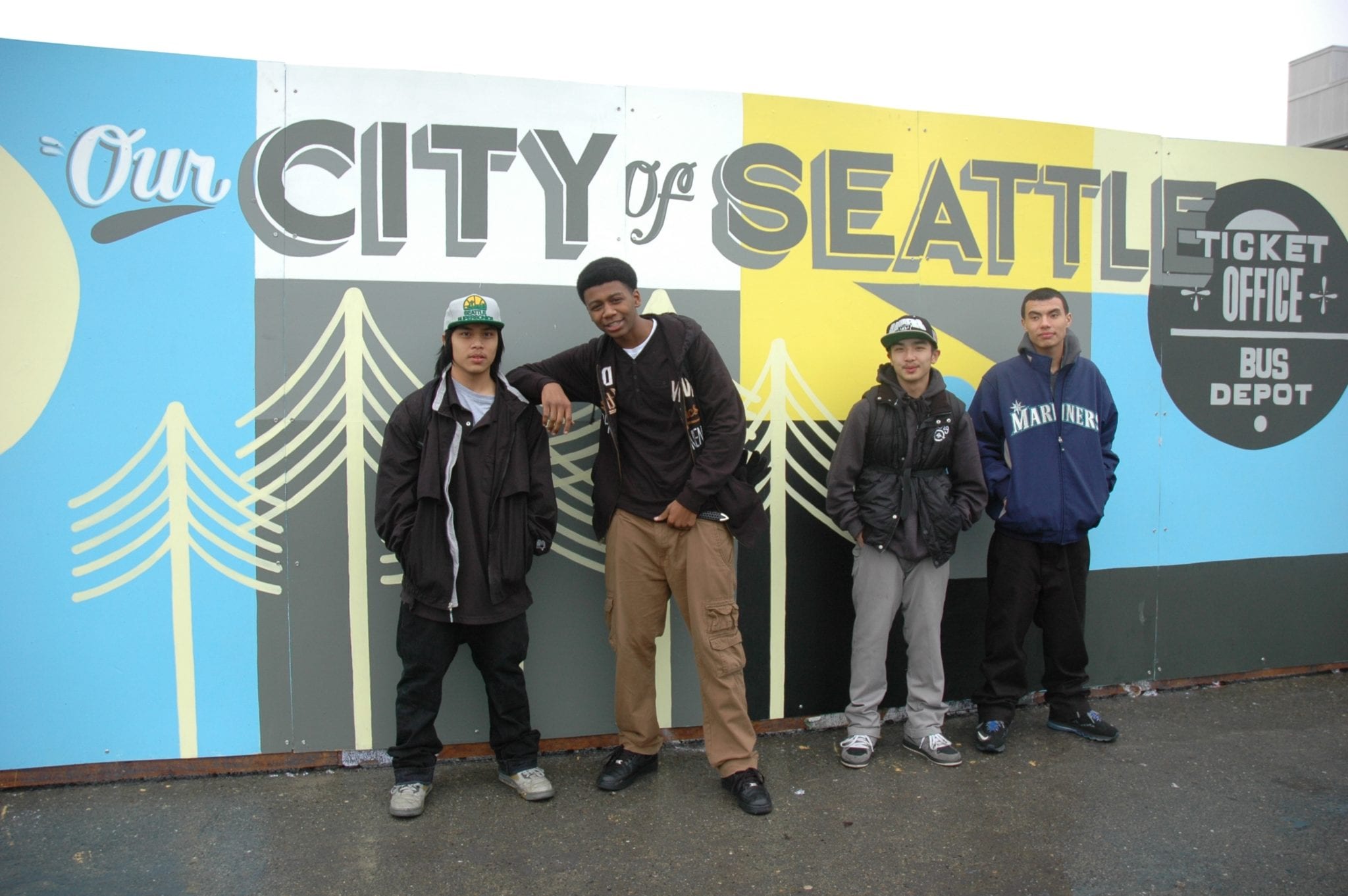 Seattle City Light recently completed the environmental cleanup at the site of the utility's future Denny Substation.
Seattle City Light recently completed the environmental cleanup at the site of the utility's future Denny Substation.
Seattle City Light recently completed the environmental cleanup at the site of the utility’s future Denny Substation.
City Light purchased the site, the former Greyhound Bus Maintenance Facility, in 2009, with the intention of building a new electrical substation in North Downtown to keep pace with Seattle’s growing power needs. Due to historical leakages of gasoline, diesel, and waste oil, the site needed to be cleaned up. City Light developed a plan to remediate the site to a level consistent with residential standards contained in the Washington State Model Toxics Control Act (MTCA).
City Light completed Phase 1 of the plan in late 2012 when it demolished the Maintenance Facility and removed underground storage tanks. Phase 2 began in early 2013 and included removal of contaminated soils, installation of a stormwater detention system, and backfilling the site with clean dirt.
The site is now ready for construction; however, the environmental review and design of the substation needs to be complete before construction begins. In the meantime, a temporary arts program will occupy and enliven the site until construction begins in early 2015. Learn more about the art emerging at the future substation site here.

Participants in King County’s Education Employment Training Program pose in front of the mural they helped paint at the Denny Substation site. Pictured left to right: Emmer, Justice, Leon and Randy.
About the Denny Substation Project
The new substation will be located near Denny Way and Stewart Street. It will ensure reliable power for some of the city’s fastest growing areas, including the South Lake Union, Cascade, Denny Triangle, Uptown, Belltown, and First Hill neighborhoods, as well as other customers throughout City Light’s service area.
More information on the Denny Substation Project, including its substation, distribution network, and transmission line, can be found here.
About Seattle City Light
Seattle City Light is the 10th largest public electric utility in the United States. It has some of the lowest customer rates of any urban utility – providing reliable, renewable and environmentally responsible power to nearly one million Seattle area residents. City Light is the Nation’s Greenest Utility and has been carbon neutral since 2005, the first electric utility in the nation to achieve that distinction.